Publications
-
 Why Collective Memory can never be Pluriversal. A Case for Contradiction and Abolitionist Thinking in Memory Studies
Why Collective Memory can never be Pluriversal. A Case for Contradiction and Abolitionist Thinking in Memory StudiesBringing together memory studies with the emerging field of contradiction studies, in this article, I suggest the need for an alternative way of thinking about collective memory by juxtaposing the ideal of wholeness that necessarily underlies any group’s identity with that of the inevitable contradiction of the plurivers. I discuss the power of the Western narrative order in regard to the Haitian Revolution and examples of mnemonic disharmony in contemporary Germany and seek to illuminate the epistemic violence constitutive of this narrative order. The article therefore interrogates memory study’s epistemological foundation and the practices in which these underpinnings result. The aim is to highlight the potential of contradiction in an attempt to pluriversify responses to the past as well as future visions for the worlds we live in. Special attention is paid to the question of what it is we hope for when attempting to (scholarly) contribute to making collective memory more inclusive, and where the limitations of this might lie. The purpose of my contribution, then, is to explore the tacit imperative of harmony that often remains unchallenged in memory studies, and to propose a shift in focus, from the ways in which memory might help us understand (e.g., current clashes of identities), toward a research agenda that is considerate of its own entanglements with power, yet, at the same time, lives up to its potential to contribute to transformation.
-
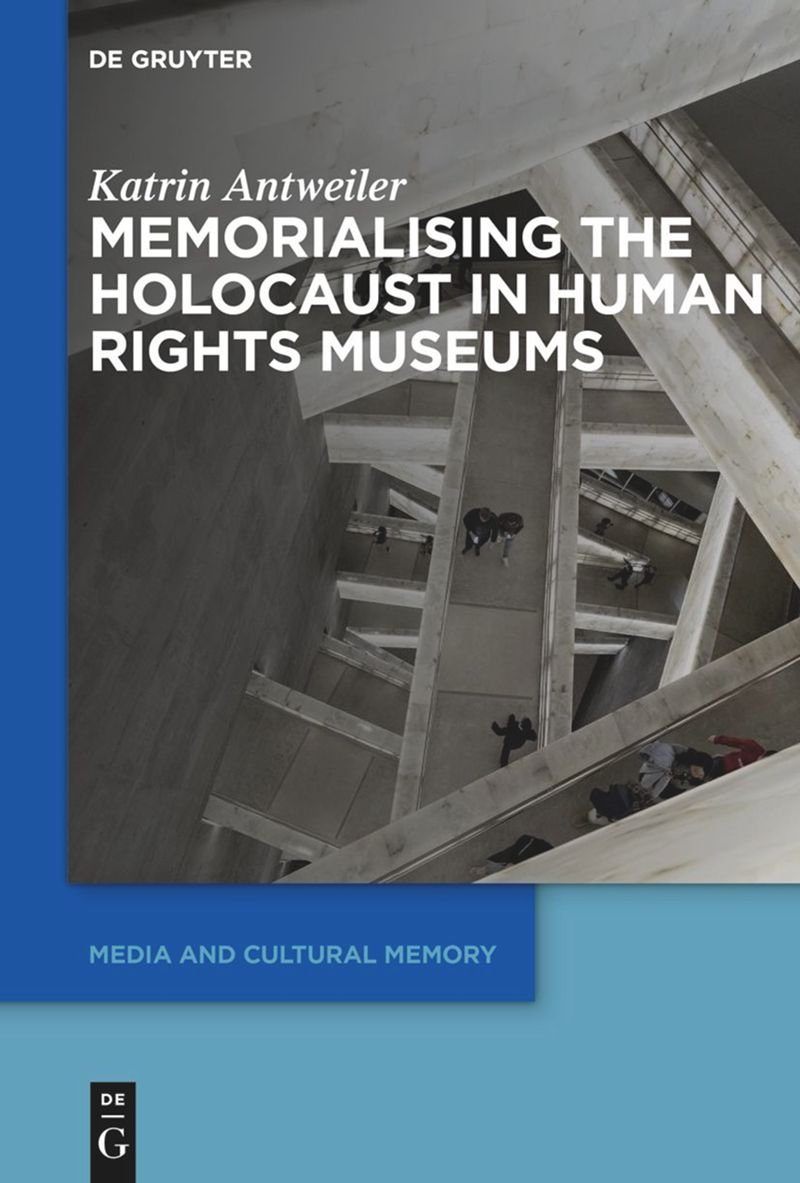 Memorialising the Holocaust in Human Rights Museums
Memorialising the Holocaust in Human Rights MuseumsThis book provides an analysis of the forms and functions of Holocaust memorialisation in human rights museums by asking about the impact of global memory politics on how we imagine the present and the future. It compares three human rights museums and their respective emplotment of the Holocaust and seeks to illuminate how, in this specific setting, memory politics simultaneously function as future politics because they delineate a normative ideal of the citizen-subject, its set of values and aspirations for the future: that of the historically aware human rights advocate.
-
 Als Wien zum Zentrum des tschechoslowakischen Dissens‘ wurde
Als Wien zum Zentrum des tschechoslowakischen Dissens‘ wurdePublication in the “Archivale des Monats” series of the Research Center for Eastern Europe Studies Bremen. Als Wien zum Zentrum des tschechoslowakischen Dissens‘ wurde. Bremen: Forschungsstelle Osteuropa. www.forschungsstelle.uni-bremen.de
-
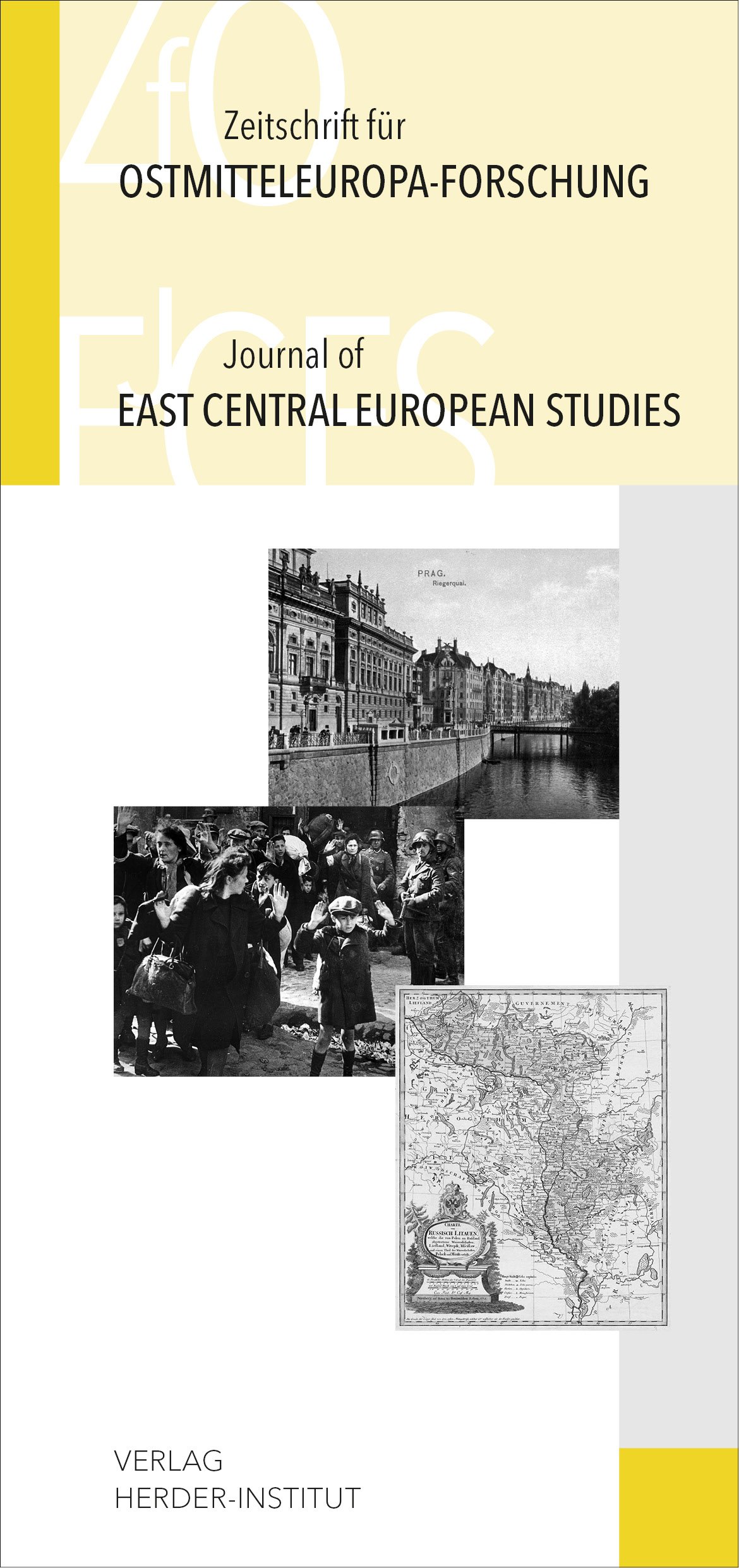 Review: Nationsbildung und Außenpolitik im Osten Europas
Review: Nationsbildung und Außenpolitik im Osten EuropasReview of the edited volume Nationsbildung und Außenpolitik im Osten Europas. Nationsbildungsprozesse, Konstruktionen nationaler Identität und außenpolitische Positionierungen im 20. und 21. Jahr-hundert (ed. Bianka Pietrow-Ennker).
-
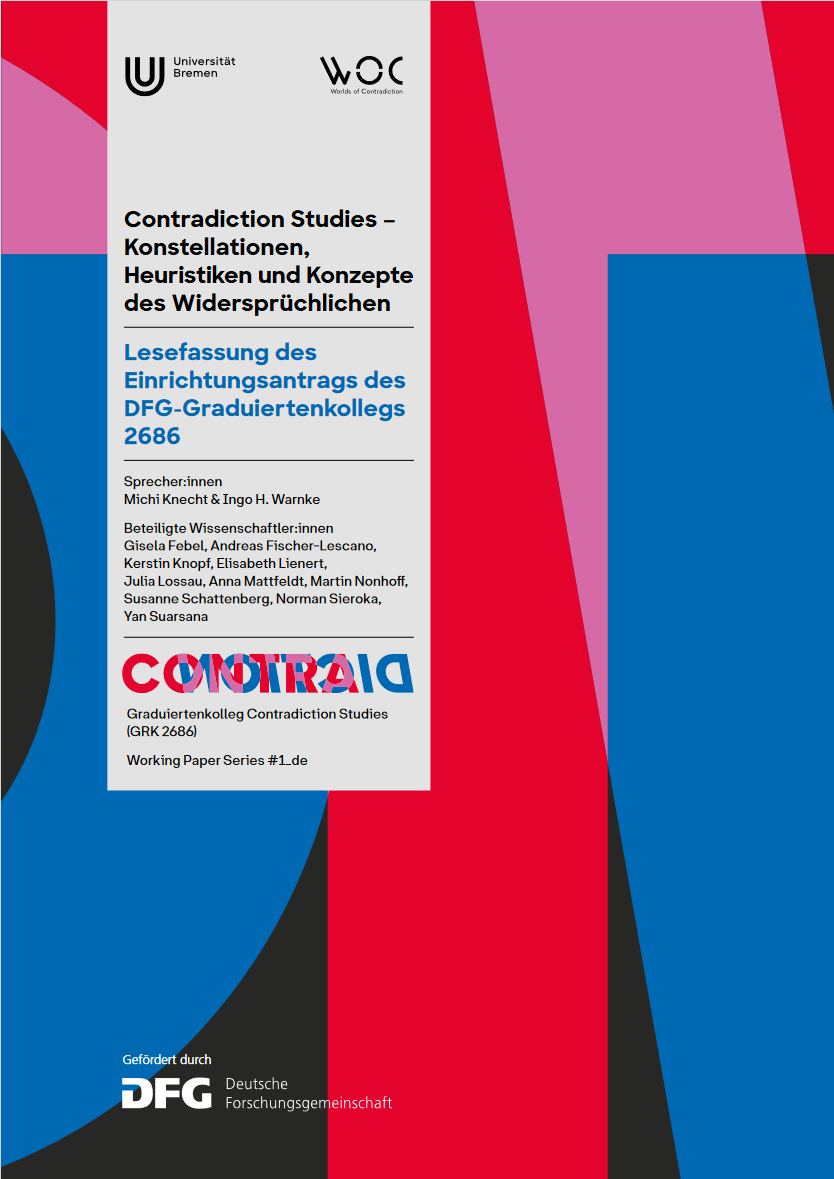 Working Paper “Einrichtungsantrag Contradiction Studies – Konstellationen, Heuristiken und Konzepte des Widersprüchlichen, Lesefassung”
Working Paper “Einrichtungsantrag Contradiction Studies – Konstellationen, Heuristiken und Konzepte des Widersprüchlichen, Lesefassung”The Research Training Group 2686 Contradiction Studies researches the formation, negotiation and explanatory limits of contradiction.
The point of departure is the assumption that the ordering figure of contradiction with the imperative to resolve contradictions is often in tension with everyday experiences of contradictions in living together. Constellations of contradiction, contradiction avoidance, contradictions and practices of contradiction are therefore systematically researched and established as objects of investigation in the humanities, social sciences and law. The research group combines discourse-, narrative- and text-centred approaches with ethnographic and other qualitative-empirical methods. On the basis of case studies and genealogically or analytically orientated projects, the Centre carries out conceptual and theoretical work. This aims to re-evaluate contradiction, contradictions and contestation in their empirical constellations, heuristic functions and ontological dimensions – also in response to post- and decolonial discussions on the cosmopolitanisation of knowledge production.
-
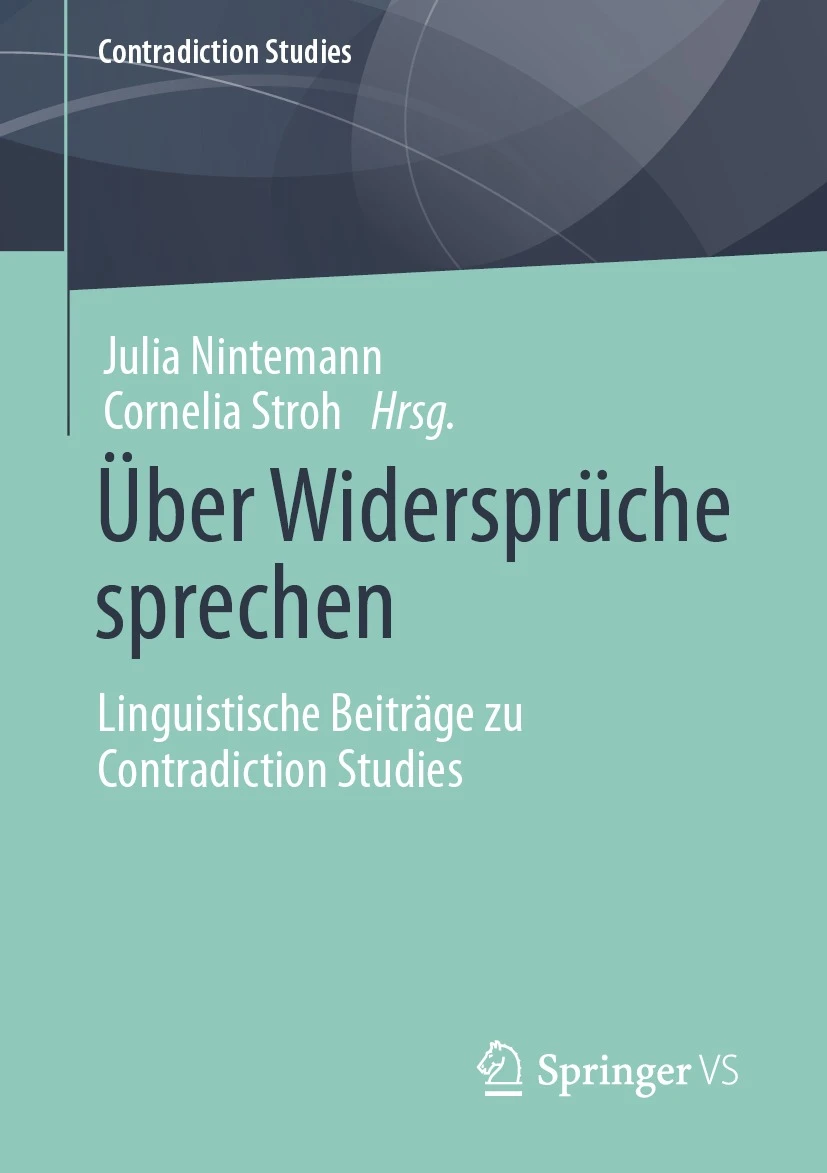 Über Widersprüche sprechen. Linguistische Beiträge zu Contradiction Studies
Über Widersprüche sprechen. Linguistische Beiträge zu Contradiction StudiesDer Fokus des Bandes liegt auf Widerspruch als Gegenstandsbereich, unter den sprachliche Ausdrucksformen von Entgegensetzung, Paradoxie, Lüge und Einspruch ebenso fallen wie linguistische Methoden des Umgangs mit Widerspruch und Widersprüchlichkeiten in der sprachwissenschaftlichen Disziplinengeschichte. Dabei stellt sich die Linguistik nicht als homogene, sondern vielmehr als eine heterogene, vielseitige Disziplin dar, die es erlaubt, den Forschungsgegenstand aus verschiedenen Blickwinkeln zu betrachten; die Beitragenden präsentieren insofern verschiedene innerdisziplinäre Schwerpunkte von linguistischer Widerspruchsanalyse, darunter der Blick auf Sprachhandlungen zum Ausdruck von Widerspruch in wissenschaftlichen, historischen, (post)kolonialen, narrativen oder alltäglichen Diskursen. Es werden einzelsprachliche Untersuchungen nicht nur europäischer Sprachen vorgenommen, sondern auch die crosslinguistische Vielfalt von widerspruchsindizierenden Konstruktionen betrachtet.
-
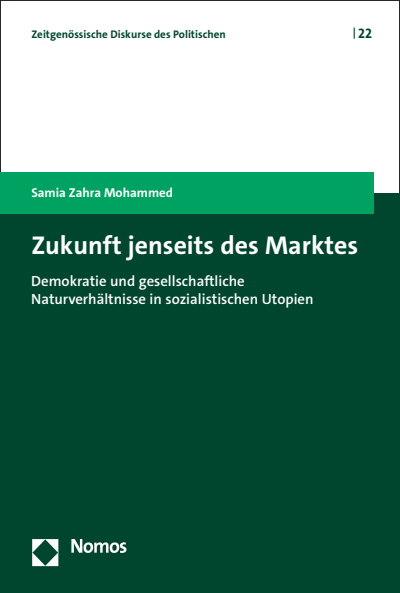 Zukunft jenseits des Marktes. Demokratie und gesellschaftliche Naturverhältnisse in sozialistischen Utopien
Zukunft jenseits des Marktes. Demokratie und gesellschaftliche Naturverhältnisse in sozialistischen UtopienThe almost constantly recurring crises of the democratic order and relations between humans and nature in our age of the Capitalocene are currently reviving debates on economic models beyond the capitalist market economy.